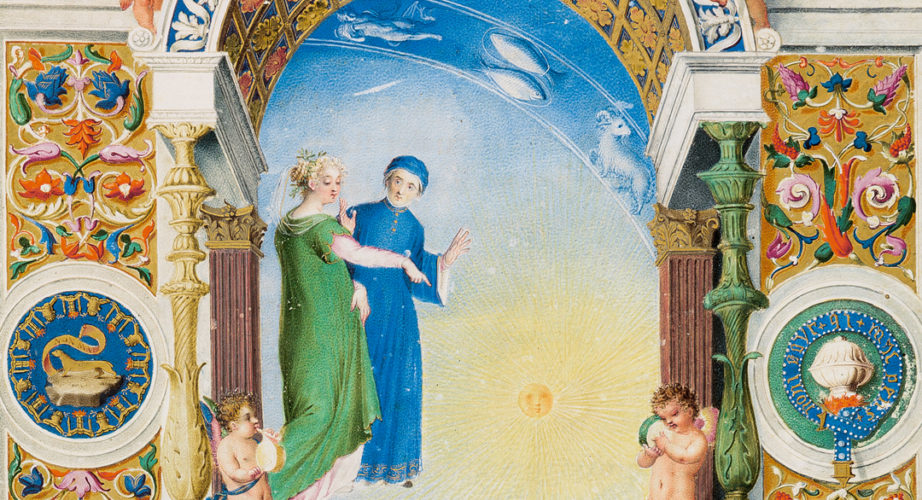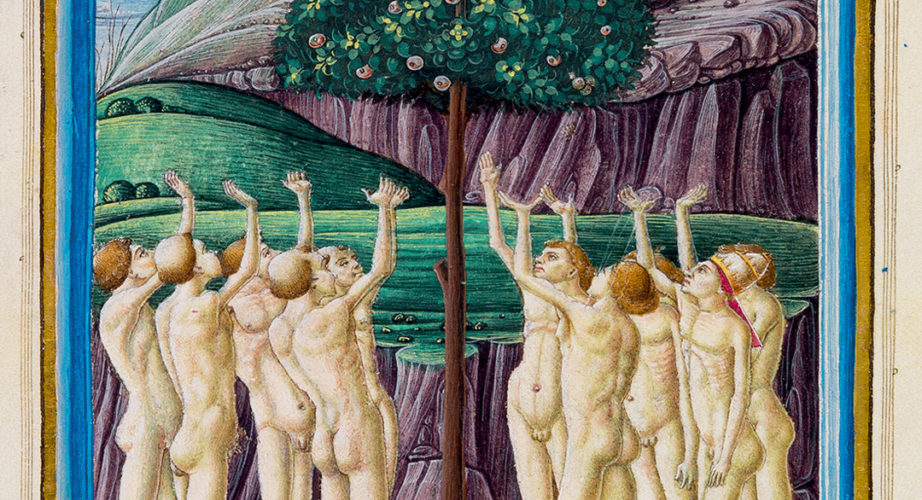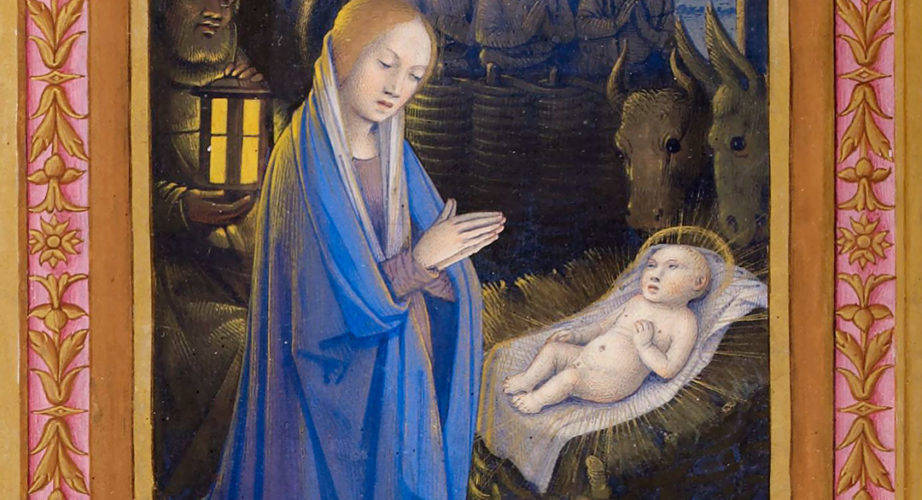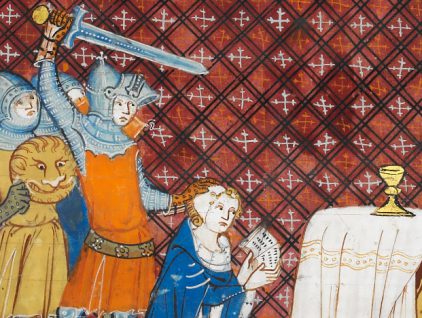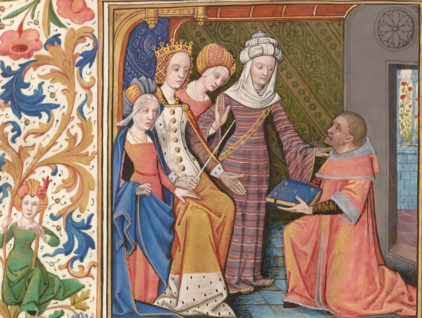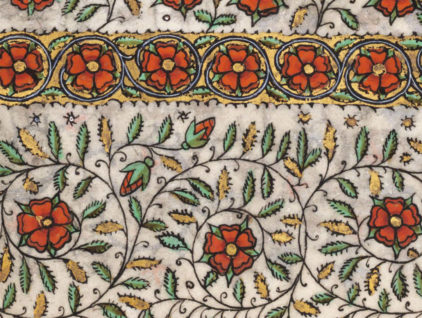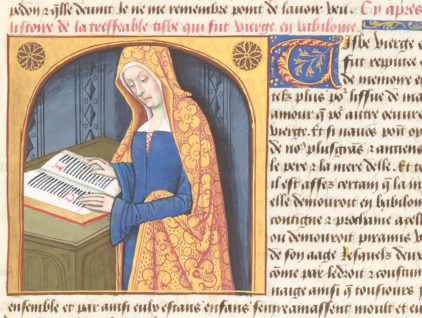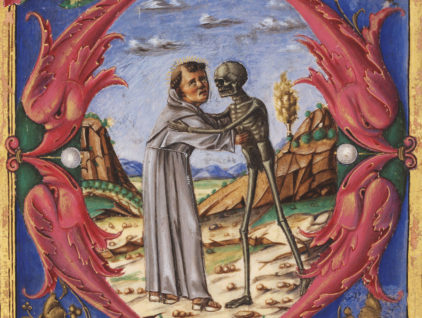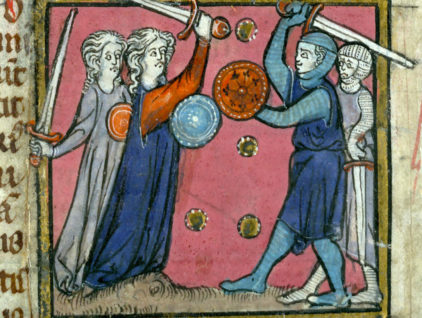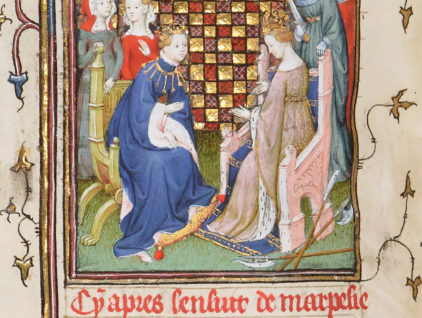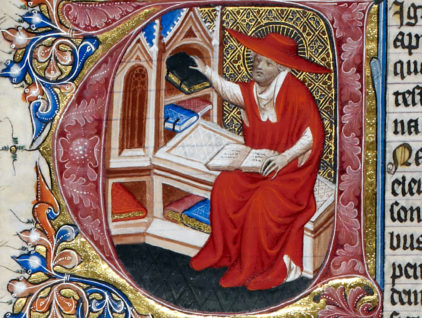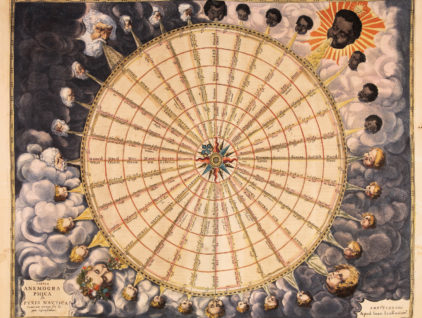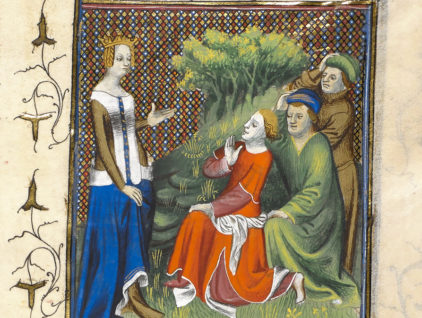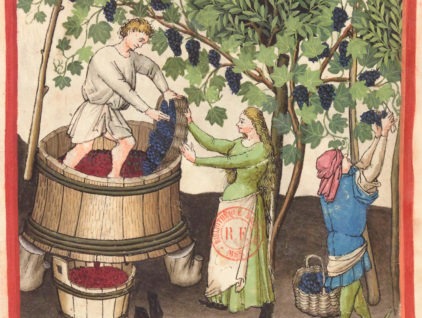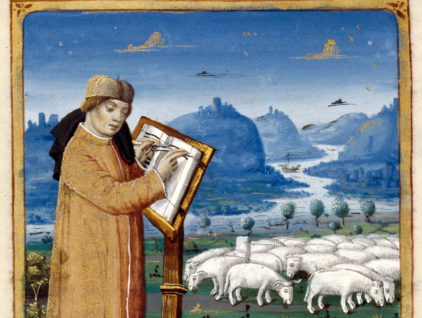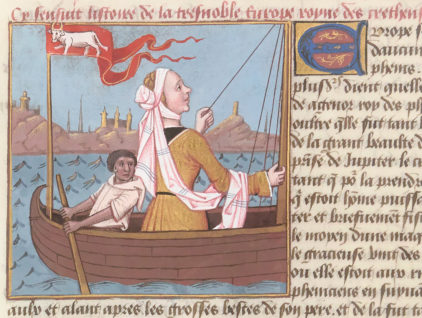It’s finally time for our Women’s Wednesday! Like every week we will focus on a new Mulier Clara: the spotlight this time is on Thisbe, a maiden from Babylonia, famous for her tragic love story…
October 4 is the feast day of Saint Francis of Assisi, one of the most beloved saints of all time and - among many more - patron saint of animals, the environment, Italy, the city…
Earlier today we had the chance to talk about two Amazon queens, Marpesia and Lampedo. But what about the Amazon tribe itself? Boccaccio's main source, the ancient Greek historian Ephorus of Cyme, describes the rise of…
And here we are, our first double Women's Wednesday! Following Boccaccio's footsteps, our weekly column couples two of our Mulieres Clarae together: Marpesia and Lampedo, queens of the Amazon. The two sisters are, in fact, perhaps some…
September 30: on the feast day of Saint Jerome, the patron saint of translation (and Bible translator himself), the world celebrates International Translation Day! For most of us, translators are somewhat of an "invisible presence"…
Franco Cosimo Panini Editore, the publisher behind Folia Magazine, recently had the pleasure to work with the Gallerie Estensi museum in Modena, Italy, on the catalog of the new exhibition called "Meravigliose Adventure" - a…
Our tenth Women’s Wednesday is dedicated to Libya: daughter of Epaphus and Memphis, is depicted above giving orders to three men. Libya was also the beloved wife of Poseidon (god of the Sea) with…
The Northern Hemisphere enters today the new season! A few weeks ago we talked about grape harvesting and wine in the Middle Ages: autumn, however, was more generally a time for gathering supplies for the winter and…
September 21 marks the anniversary of the death of Virgil, the great Roman poet. In 19 BC, in fact, Virgil had traveled to Greece in order to further research and edit the Aeneid, his masterpiece, just before its…
The protagonist of this week's Women's Wednesday is Europa, the very woman after whom the continent of Europe was named. The legend goes that Europa, originally from Phoenicia, was brought to Crete by Zeus himself: the god, in…
